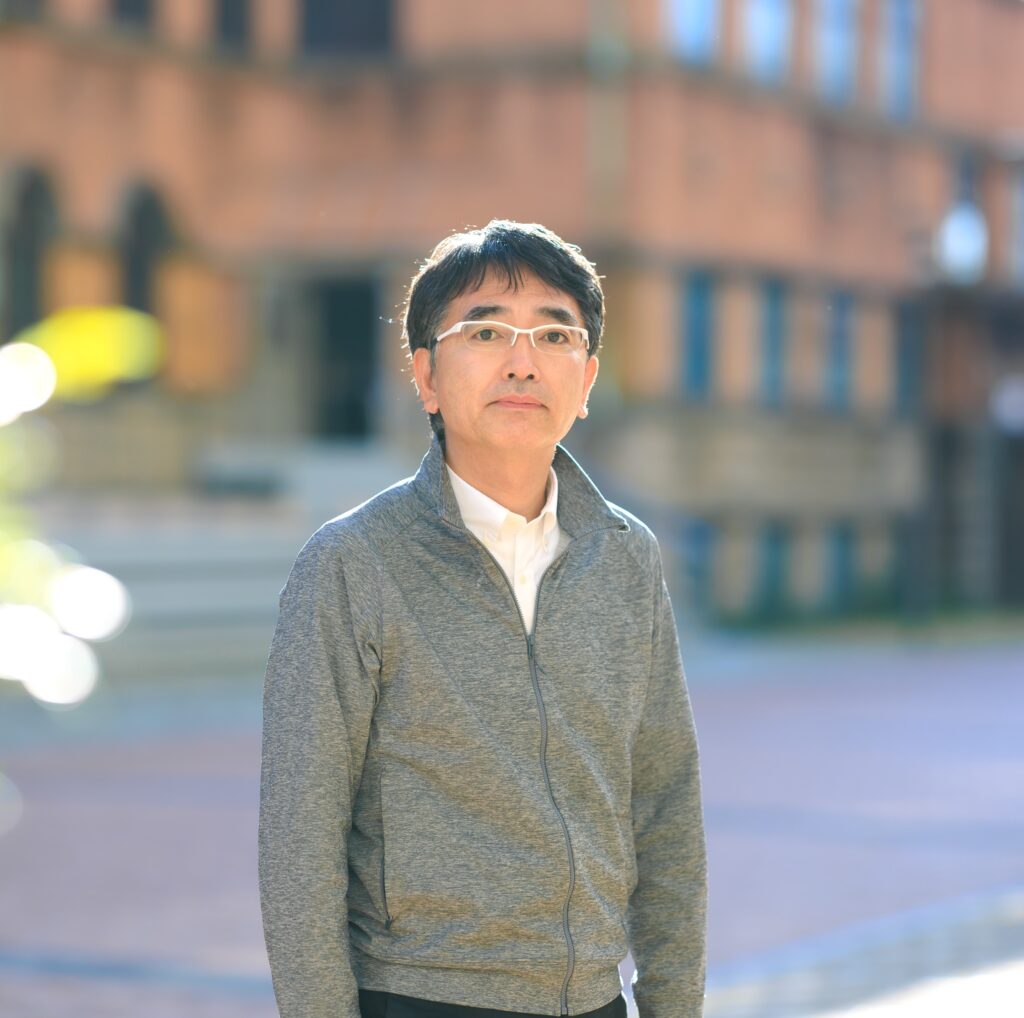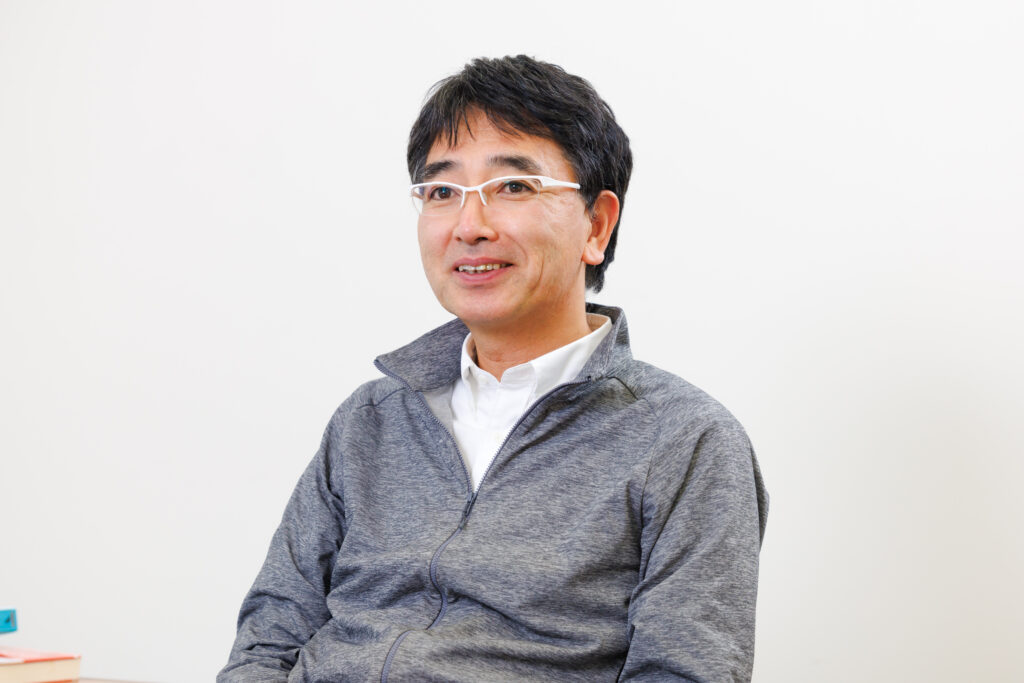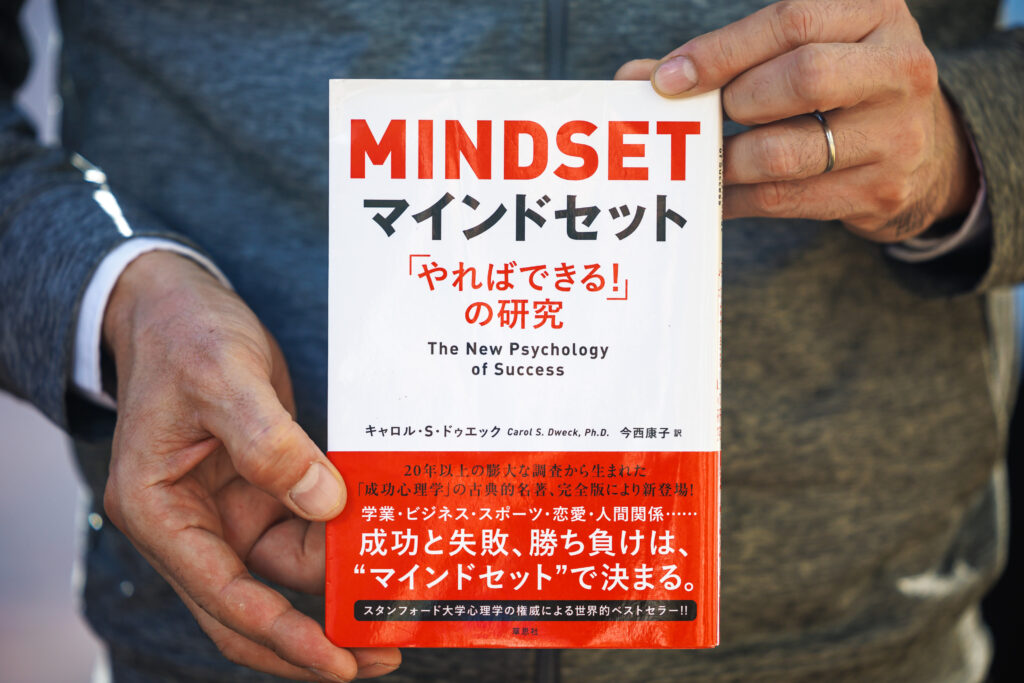
Professor Kawanishi of the Faculty of Economics specializes in behavioral economics, and studies ways of improving economies based on the psychology and behavior of humans. He talks about how psychology affects the way people work, and the relationship between people that make up communities and the economy.
Governments roll out economic policies to trigger demand and kickstart the flailing economy, but things do not always go as planned—this is because the economy is driven by humans. The field of behavioral economics that I specialize in explores the underlying relationships between the psychology of people and the economy, and finds ways of improving the economy.
The thing that first triggered my interest in behavioral economics was when I encountered Robert Shiller’s research into stock market bubbles and the psychology of investors, for which he was later awarded the Nobel Memorial Prize in Economic Sciences. I was in junior high and high school during the Japanese economic bubble, and while Japan was enjoying the fruits of this bubble, I began to notice unusual trends occurring throughout society from the way my father had to work so much, often times without any holidays. My interest in society and the economy at the time forms the roots of my current research efforts.
Japan’s labor productivity, a measure of output per worker or per hour, is amongst the lowest of leading countries in the world—this is one of the reasons why the Japanese economy has not managed to pick up again after the bubble popped. The reasons that determine the level of labor productivity, when viewed from the stance of ordinary economics, include lower fundamental academic skills and lack of motivation amongst workers to improve their abilities; the challenge that the Japanese economy faces is identifying just how to change these key causes.
“Perseverance” and a “growth mindset” are common amongst successful people

To look into this further, I began focusing on the idea of “perseverance” that has become a new approach in the field of psychology. Whether it is schoolwork, sports, business, or some other field, perseverance is a common trait amongst the greats; but this ability is not something people are born with. American psychologists have discovered that this ability can be acquired later in life, and that there are differences in the mindsets—or the way people tend to think about things around them—between those able to acquire this skill and those who cannot.
For instance, people with a fixed mindset believe that abilities are something that one is born with and remain the same, while people with a growth mindset believe that abilities are something that one can develop. Psychological experiments revealed that those with a fixed mindset usually give up quickly and tend to have a low self-esteem, whereas those with a growth mindset are more likely to confront any challenge they face and build on their skills accordingly.
When this approach is applied to Japan, the reason why the economy fails to pick up becomes clear—the economy will remain lackluster if no one is willing to take on the challenge of starting new businesses. The number of young entrepreneurs in Japan is still much lower than other countries, and while there may be many people who have a novel idea, the majority of them are likely reluctant to make the first move, or think there would be no second chance if they fail once. I personally feel that in order to change this type of mindset, it will be vital to create a society that makes it easier to take on new challenges.
Connecting communities can increase economic activity
Meanwhile, Japan has one of the highest rates of socially isolated individuals amongst OECD countries. Research in the US has revealed that economic activity is greater and business is better in regions where people have strong ties and positive relationships of trust with others in the same community. In light of this, another field of research that I am involved in is working for incorporated non-profit organizations to help prevent isolation and to build better communities.
“Making Japanese society more positive” is the sole purpose of my studies, and I also want to give the younger people in Japan—tomorrow’s leaders—a sense of courage and hope. I would like to see the knowledge I impart through my research and lectures reach as many people as possible.
The book I recommend
“Mindset: The New Psychology of Success” (Mindset [Yarebadekiru] no kenkyū)
by Carol S. Dweck; Japanese translation byYasuko Imanishi, Soshisha Publishing

A book on positive psychology based on 20 years of research proving that skills and ability are not something we are born with, but are due to differences in perspective. A growth mindset not only creates a positive outlook, but also a way to view yourself objectively. Also useful for controlling anger—highly recommended for high school students.
-
Satoshi Kawanishi
- Professor
Department of Economics
Faculty of Economics
- Professor
-
Graduated from the Department of International Economics, College of Economics, Yokohama National University, and received his M.S. and Ph.D (in 2000) in Economics from the Graduate School of Economics, The University of Tokyo. Lecturer at the Department of Economics, Faculty of Economics, Sophia University since 1999, then associate professor, before his current position in 2009.
- Department of Economics
Interviewed: October 2022